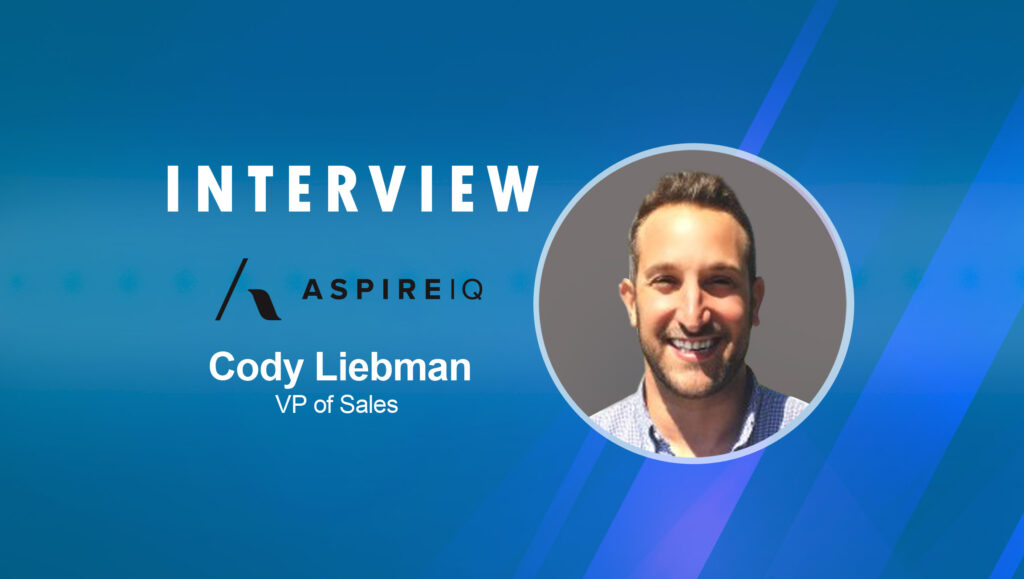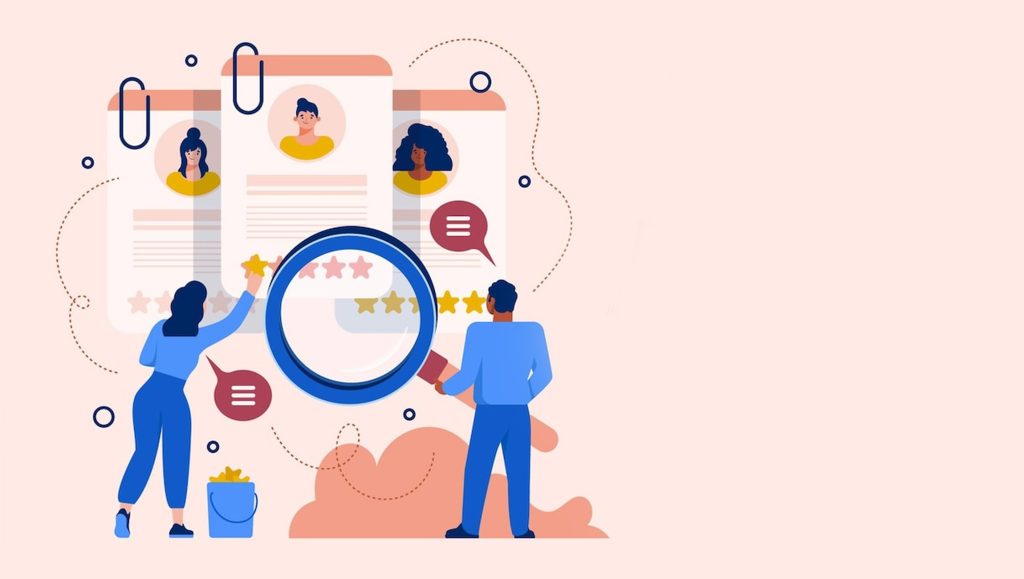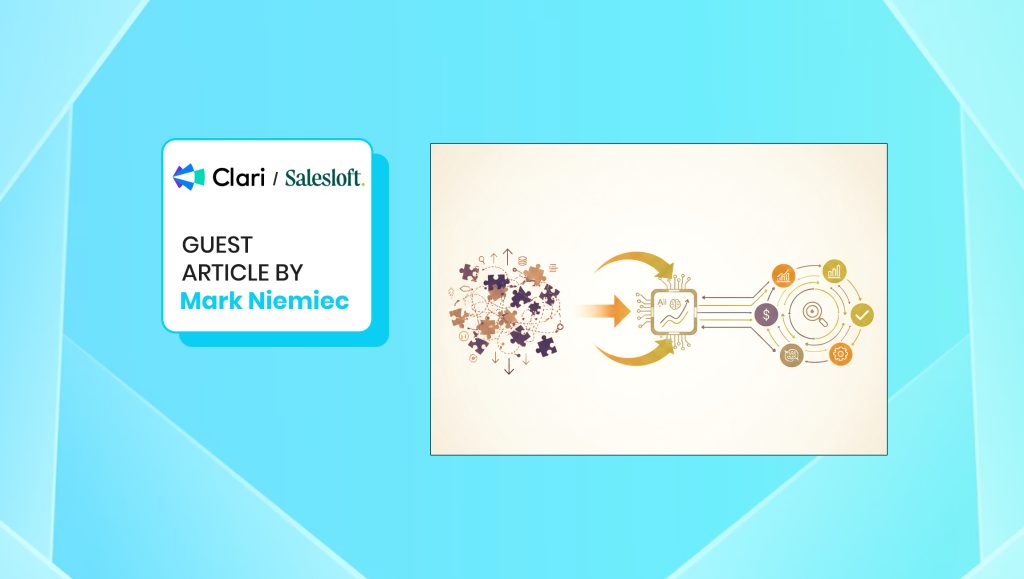2020 has been a year of challenges, new learnings and revised priorities! But when it comes to tech sales, what has changed amid the ongoing pandemic? In this interview, Cody Liebman, VP of Sales at AspireIQ shares his thoughts. ______ It’s been an amazing journey. I’ve been in sales since I was 22, but only started in tech sales about 7 years ago. After business school, I struggled breaking into tech sales because all of my sales experience was in real estate and nobody really cared about my MBA. And while my plan after business school was to become a VP of sales at a tech company, I had zero tech experience. Luckily, I was able to leverage my experience as a real estate agent to break into Trulia as an enterprise seller where I sold ads to real estate agents. After doing very well at Trulia, I decided to go to a really small company called Revfluence, which focused on influencer marketing. I was the first full-time hire, and along with the 4 co-founders, we started to build the business. It’s now 6 years later and Revfluence has rebranded to AspireIQ and evolved into a community intelligence marketing platform for brands. I am currently the VP of sales leading all growth and GTM efforts and we have grown to 120 employees across 3 offices. It’s been a life changing experience for me and I am so grateful to have had the opportunity to help build something so special! Read More: The Need And Benefits Of Personalization In Sales And Marketing Today 2020 has been an unprecedented year so far. 86% of new software budgets have been frozen due to COVID-19, and now more than ever, companies need to be customer-obsessed. These are far from normal business times, our country is in the midst of a revolution with the backdrop of a pandemic, and I think people selling anything need to be highly aware of the societal environment. That being said, quotas don’t sleep, so sellers and sales leaders need to figure out how to be successful in this new normal. By no means do we have this figured out, but there are a lot of positives in which we can draw from: It’s always been really important to me to build a team and culture I was proud of. That means always taking the high road, being highly ethical and empathetic as sellers (both internally and externally), and allowing people to bring their true authentic selves to work (imperfections and quirks encouraged!). I believe that when people show up authentically in work and in life, they are willing to be vulnerable in their pursuits, and most importantly, put in the work required to be successful that the results will always take care of themselves. Read More: What Does AI Really Mean For Sales? Gong.io has become my bible for sales best practices. If you want to be on the forefront of deal intelligence and coaching, head over to their site and commit everything they produce to memory. Some highlights from Gong and my experience on the front lines over the last 6 years: Read More: SalesTechStar Interview With Trent Mayberry, Chief Digital Officer At UST Global AspireIQ is a community intelligence marketing platform that’s changing relationships between brands and the people who love them. Putting people, rather than transactions, at the heart of the brand, AspireIQ helps companies identify the most valuable individuals in their communities, like customers, influencers, creatives, ambassadors, affiliates, employees, experts, and more. Then, with both human and automated intelligence, AspireIQ provides actionable insights — from personalized strategies to AI recommendations — to build authentic connections that inspire brand communities to become movements. AspireIQ is trusted by more than 400 leading consumer brands, including Samsung, HelloFresh, Dyson, Brooklinen, and Poshmark. Cody Liebman is the VP of sales at AspireIQ, the leader in community intelligence marketing. There, Cody leads the sales organization and is responsible for all things revenue related. Prior to AspireIQ, Cody worked at Trulia on their enterprise partnerships team. He started his career as a commercial real estate agent for Marcus and Millichap handling the sale of multi-family properties in New York City. Cody has an M.B.A. with honors from CASS business school in London and graduated with an M.S. in physical education and exercise science from Brooklyn College.Can you tell us a little about yourself Cody? We’d love to hear about your biggest highlights from your journey in tech sales so far!
Given the effects of the Covid-19 pandemic, ensuring better overall business relationships and long lasting client relationships has taken center-stage during this time, can you share some proven tips/best practices that have worked for you successfully over the years?
When it comes to building and shaping global tech sales teams, also remote teams: what are some of the biggest aspects leaders in tech sales should keep in mind according to you?
Could you share some of your biggest businesses development and sales closing tricks that have worked well over these years in the industry? Some examples of some of your most successful outreach / sales campaigns maybe?
In your time in sales / marketing, how have you seen the role of the tech sales person evolve? How do you feel that the impact of salestech has inspired this change in the way sales teams now approach their role?
Given that the current economic conditions push sales and marketing leaders to be more customer centric in their approach with the aim of enhancing overall CX and not just focusing on selling, in what ways would you suggest teams measure overall CX during this time?
While remote work is still largely in place even though businesses and economies are slowly inching towards reopening, what are some of the thoughts you’d like to share?
As a tech sales leader, in a challenging environment due to the Covid19 pandemic: what are some of the ways in which you are enabling a balanced remote work culture while maintaining motivation levels?!

Also Catch, these latest episodes of the SalesStar Podcast!






















